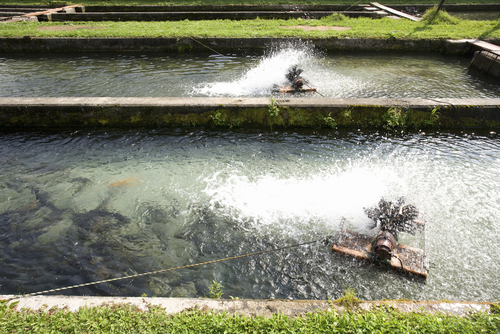Stillwater fisheries
Stillwater or fresh water fisheries
 These guidelines are for all operators of private fisheries in stillwaters, including those linked to other water bodies.
These guidelines are for all operators of private fisheries in stillwaters, including those linked to other water bodies.
What you must do
If your fishery is connected to surface waters or groundwater, you will need a discharge consent or authorisation from your environmental regulator before you:
- use chemicals, for example disinfectants or disease treatments
- drain your fishery for maintenance, desilting or any other reason resulting in a discharge to surface water or groundwater.
Contact your environmental regulator
Good practice
Be careful not to spill any oil or fuel used on boats or for any other purpose into the water or on the land.
Store all chemicals in an area where spills can be contained. This should be within an impermeable bund or secondary containment system (SCS). The SCS should contain at least 110% of the volume of the largest tank or 25% of the total volume likely to be stored, whichever is greater.
Supervise deliveries of materials and fuels to your site. Clearly label tanks with their contents and storage capacity and provide a method for measuring the amount in the tank. This will reduce the risk of spills from overfilling.
The Institute of Fisheries Management (IFM) runs training courses on freshwater fisheries management and publishes good practice guidance.
Institute of Fisheries Management
